I'm trying to use Injector to inject my component/service but one of them requires NgZone as its dependency. From https://angular.io/api/core/Injector
export MyComponent{
constructor() {
const injector = Injector.create({
providers: [
{ provide: NgZone, deps: [ ] },
{ provide: MyService, deps: [ NgZone ] }
]
});
this.myService = injector.get(MyService);
}
}
Then in child class:
export MyOtherComponent extends MyComponent {
constructor() {
super();
}
public helloWorld() {
this.myService.stuff();
}
}
But I'm getting the following error:
ERROR Error: StaticInjectorError[MyService -> NgZone]:
NullInjectorError: No provider for NgZone! at NullInjector.get (core.js:8896)
I tried with a dummy service that don't have anything in the constructor, and it worked.
- Is there a way to provide
NgZonemanually through thedepslike that? - Is there another way to get the "global" NgZone object (there should only be 1 instance of NgZone running right?)
MyService is also a downgraded service and is being used in both AngularJS and Angular7, not sure if that changes anything.
Edit: Reason I'm trying to do this, is because MyComponent is a component base class that will get extends upon and have many child class extending on that. If I could do it like this by manually injecting it internally, then I don't need to pass all those dependencies from the children. Imagine I have 6-7 dependencies and 30+ childrens, and lets say I need some new dependencies, I'd have to update every single one of them...

